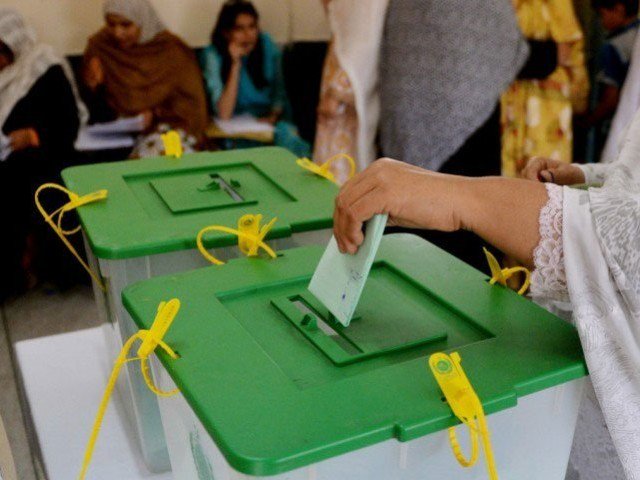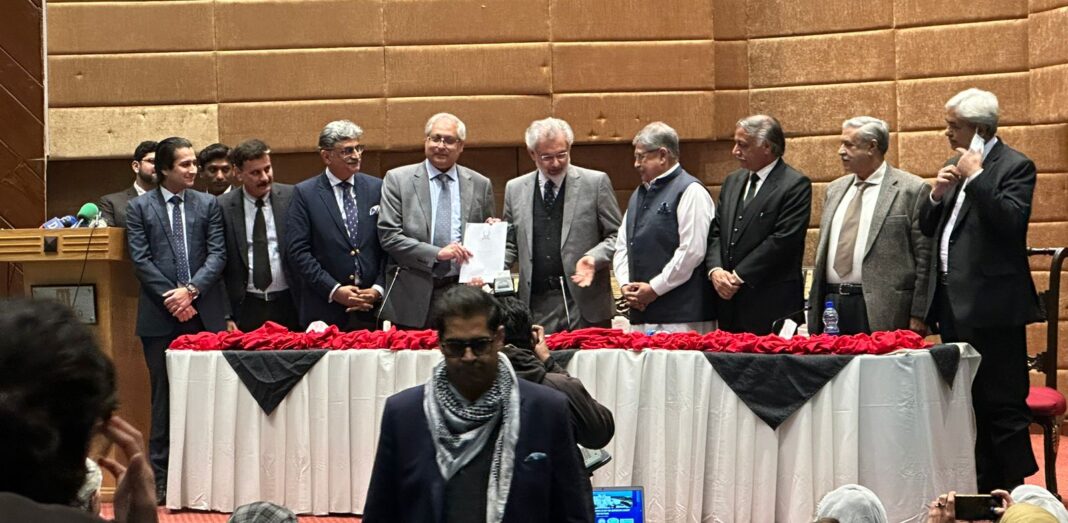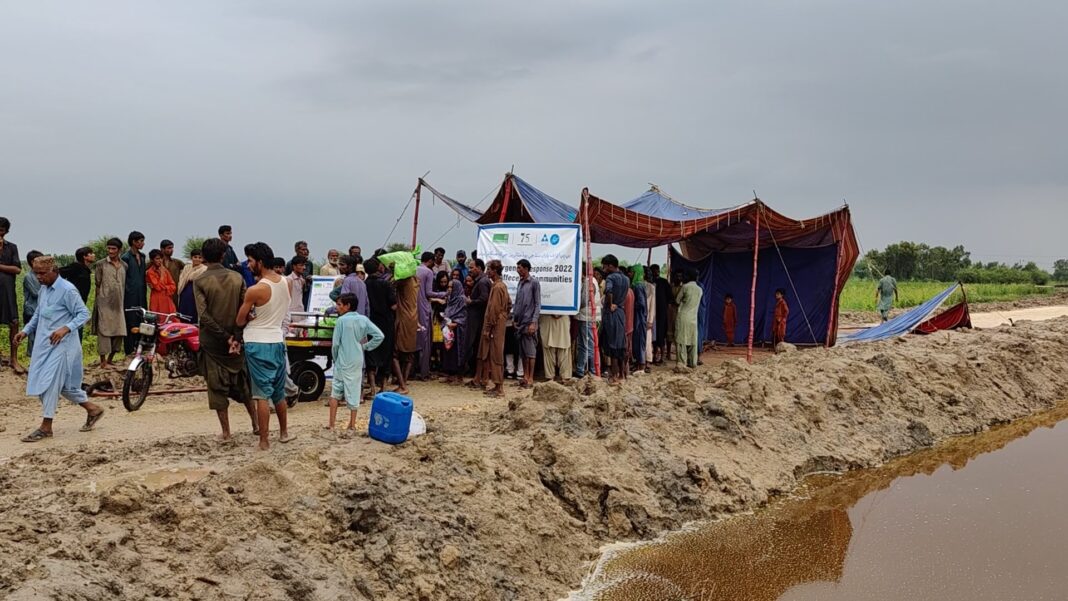OUR CORRESPONDENT
LAHORE: Young people should come and vote for their chosen parties on Election Day was the message given to the youth at a PILDAT briefing session for media on the issue of Missing Young Voters.
Initiating the discussion, Mr. Ahmed Bilal Mehboob, President PILDAT shared that despite representing a significant portion of registered voters, young Pakistanis (aged 18 to 35) show a turnout that lags behind the national voting average. In 2023, young registered voters aged between 18-35 make up 43.85% of the total registered voters. Despite the youth being a significant part of Pakistan’s population, the gap between overall voter turnout and youth voter turnout has been ranging from 7 percentage points in 1993 to 27 percentage points in 2013, showing an increasing trend with the only exception of the 2018 General Election when this gap narrowed to 16.5 percentage points. PILDAT has estimated that the average youth voter turnout of the past eight elections, from 1988 to 2018, has been an abysmally low at 31%, which is 13 percentage points lower than the average overall voter turnout of 44% in these eight elections. Average Youth voter turnout (31.5%) was even lower than women’s voter turnout which in 2018 stood at 40%.
Mr. Mehboob further said people’s scepticism about the electoral system has been exacerbated by witnessing economic challenges and the peak of terrorist activities making them resilient but still sceptical about the effectiveness of their participation in the electoral process. PILDAT believes that outlining and implementing practical strategic measures to actively engage young people to vote must be adopted by key societal pillars – political entities, media outlets, civil society organizations, academic institutions and the Election Commission of Pakistan (ECP).
Concluding the discussion, Mr. Mujib-ur-Rehman Shami said that young people should recognise the power of their vote and actively engage with the political and electoral process in order to remove its weaknesses. Young people are missing from the political landscape because of lack of interest in them by political parties. He said that democratic system would remain incomplete without activating a functional and effective system of local governments.
Discussants belonging to various media organisations joined the briefing and shared their views and recommendations on the subject.
Sharing her recommendations, Ms. Benazir Shah Analyst said that the experience of India shows that the ECI engages celebrity power to influence young people about the power of voting. Pakistan’s Election Commission should consider doing the same in order to capture the attention of young people. She also highlighted that since more and more young people prefer to get their content from social media platforms such as TikTok, the ECP and parties must use such platforms to reach young people.
Mr. Salman Ghani, Senior Analyst said that political parties have focused only on taking from voters and have in-turn, gave nothing back in terms of job opportunities and quality education for young people. Lack of students unions have also disenfranchised youth from the political process.
Various discussants also highlighted cost of contesting election was highlighted as another reason for youth’s lack of participation as candidates in the electoral process. Many highlighted that in the current electoral atmosphere, security agencies are busy highlighting the threat of terrorism to discourage people from voting while infrequent availability of internet would also affect access and transparency on election day.
Earlier, Ms. Aasiya Riaz, Joint Director PILDAT, opened the session and highlighted why there is a need to activate and influence young people to vote in the upcoming election. Youth needs to realize that it is only through active voting that they can change and reform the weaknesses of the existing political and electoral process.



